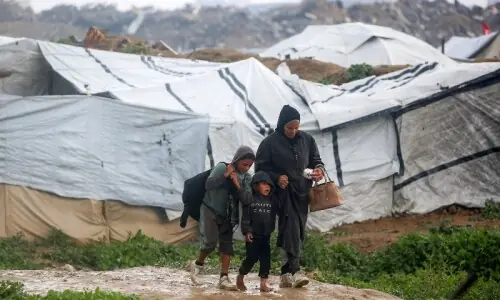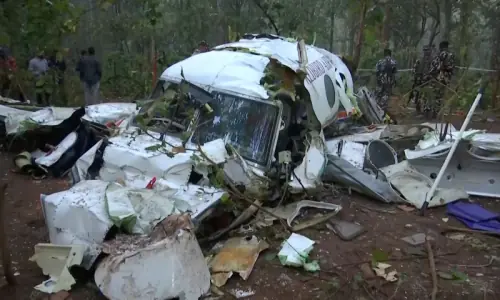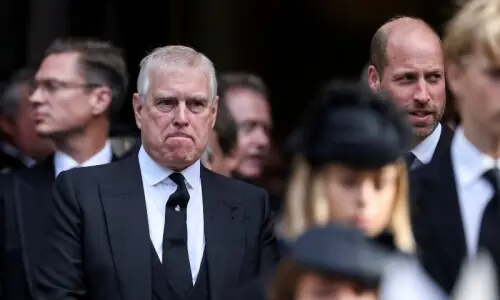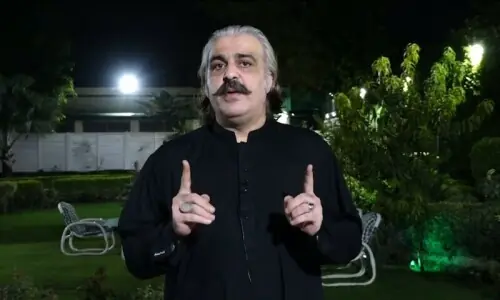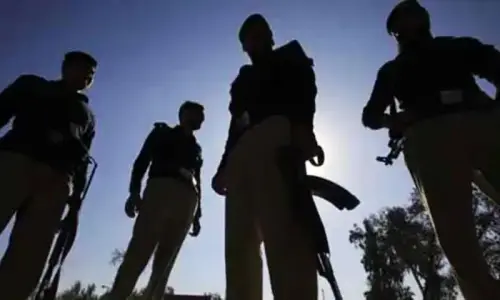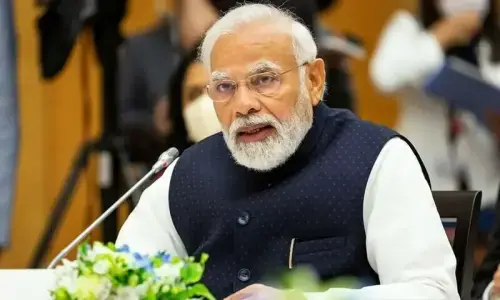BANGKOK: A council appointed by Thailand’s junta rejected on Sunday a draft constitution, a move expected to delay a return to democracy following last year’s military coup.
Critics had pilloried the document as divisive, anti-democratic and aimed at prolonging military rule. But its rejection in a vote by the National Reform Council (NRC) means the painstaking process of drafting a charter will have to start again, potentially pushing back the timetable for elections to 2017.
Of the 240 NRC members who voted, 135 were against the document and 105 in favour.
“Those in favour were less than half of NRC members; it means this NRC meeting has voted against” the charter, NRC chairman Tienchai Kiranan said in a televised count.
The army seized power from an elected government in May last year, promising to calm the country after years of street protests and acrimony by political rivals.
The junta has said a new charter — Thailand’s 20th since it abandoned absolute monarchy in 1932 — holds the key to bridging those divides before democratic elections can be held.
For years the kingdom has been split between pro-democracy supporters of ex-premier Thaksin Shinawatra’s populist parties and a conservative, royalist elite backed by the military and judiciary.
Shinawatra-backed parties have won every election since 2001 but have been ousted by two coups and have seen the removal of three prime ministers by the courts.
Mr Thaksin’s sister Yingluck Shinawatra was removed by a court shortly before the May 2014 coup toppled the remnants of her administration.
Opponents of the charter see it as a blatant attempt to permanently entrench the military’s political power and say it will prevent genuine democracy from taking root.
They point to Section 260 that allows the military to replace any elected government with an appointed 22-member “crisis” panel at any time in the five years after the charter is enacted — if unrest or political deadlock, as the military sees it, requires such a move.
The panel would be stacked with military top brass and other unelected officials, effectively guaranteeing the army’s grip on power.
Ahead of Sunday’s vote the toppled Peau Thai party labelled the charter as “dictatorial” saying it would destroy democracy and plunge the kingdom into even “deeper political polarisation”.
Published in Dawn, September 7th, 2015
On a mobile phone? Get the Dawn Mobile App: Apple Store | Google Play


